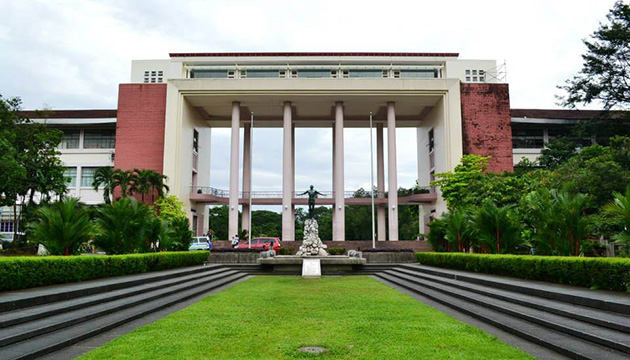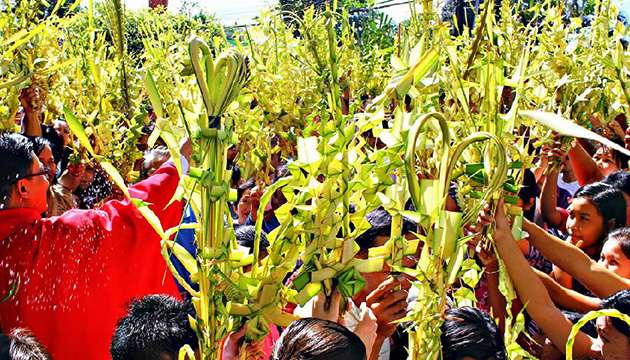This question segues to the more intricate nature of education as a leveler for Filipinos in Canada, and leads to a number of proofs as to how Philippine-earned credentials proffer a level-playing-field.
The answers to the “how” question can be summed up, to wit: 1) highly skilled Filipinos in healthcare, engineering, education, and business administration professions in Canada act as silent Philippine ambassadors; 2) the silent ambassadors among longtime Filipinos in Canada negotiate spaces for aspiring immigrants and residents through policies and means just and fair; 3) with their Philippine-earned degrees spiced up with Canadian credentials, deep-seated values, and hard work, Canada-based Filipinos pave the way for future kababayans to join the crème de la crème of equalizers; and 4) with these equalizers rank similarly well-credentialed immigrants from other countries like India and China whose efforts can only go as far as Canada would allow.
Before coming to Canada, Filipinos apply through Citizenship and Immigration Canada (CIC, https://www.canada.ca/en/immigration-refugees-citizenship/services/immigrate-canada.html) that has set standards in education, language, profession, and skills for Canada’s graying workforce and economic impasse. Successful applicants, like freshly minted ambassadors, aim at realizing their cultural, economic, professional, and social ties with Canada simultaneous with presenting the Philippines’ credentials and standards as a labour-sending country.
Compared with immigrants from two other top Canadian source countries of workforce – China and India, Filipino immigrants rank first in International English Language Testing System (IELTS, 2017 https://www.ielts.org/teaching-and-research/demographic-data) scores. An IELTS score remains as one of Canada’s yardsticks in choosing its labour.
Alas! Canada’s criteria as a labour-receiving country differ on so many levels. Passing certain standards (e.g. fluency in English) for Filipino immigrants is only the start of a more grueling process of economic integration. Highly skilled Filipinos find that they still have to take courses and pass exams before they can qualify for professional practice in Canada. Their Philippine education has equipped them with means to challenge, to question, or to submit to, Canada’s requirements. Is their performance an indicator of the present quality of Philippines education? Or has Canada come up with credentialing requirements that test more of these professionals’ solvency to stay in Canada rather than of their work performance?
Compared with first wave Filipino immigrants who mostly came from the United States in the 1960s and whose educational background seemed sufficient for the former Philippine colonizer, today’s Filipino immigrants go through the eye of the needle. On hindsight, Philippine education is largely patterned after the US public school system, and this may be a factor why the US is more welcoming than Canada to Filipino immigrants. Filipinos do find that entry to the US is easier than to Canada; however, they choose to go to, and stay in, Canada where healthcare system is deemed better and where they get reunited with their families who moved to Canada a generation or two ahead of them.
Those who decide to stay in Canada turn deaf to the Philippines’ complaint of brain drain, and demonstrate their competitive advantage with equally well-credentialed immigrants from other countries. A good number of them have joined the ranks of Canada’s tenured university professors, licensed engineers, professional healthcare workers, and bank managers. Some choose to earn more credentials, challenge Canada’s undelivered promises, organize assemblies to lobby for critical changes, and strive to go back to the Philippines at a summons of patrimony; I call them brain gain.
Those who opt to get reincarnated in a different profession or learn a new skill for a job considered to be at the lowest rung in Canada’s totem pole (I call this deskilling or reskilling) can only sigh, shed a tear or two, and aspire for the good life of their children or young relatives back home. They know that these temporary jobs at stores and fast food centres put victuals on their tables. Their primary concern remains to be economic and social, with their cultural and professional concerns held dearly in their subconscious for timely fruition.
Filipinos’ home-earned education has molded them into discerning and willful individuals who, as silent ambassadors, have leveled the playing field. After all, the mark of true education goes beyond those displayed on walls or those two-or-three-letter titles attached to one’s name. Many Filipinos have proven to be really educated in more ways than remaining still in Canada; they continue to conquer what they deem essential to their circumstances.
Watch for Part 2 on September 16: Why are better educated Filipinos among the lowest paid workers in Canada?













